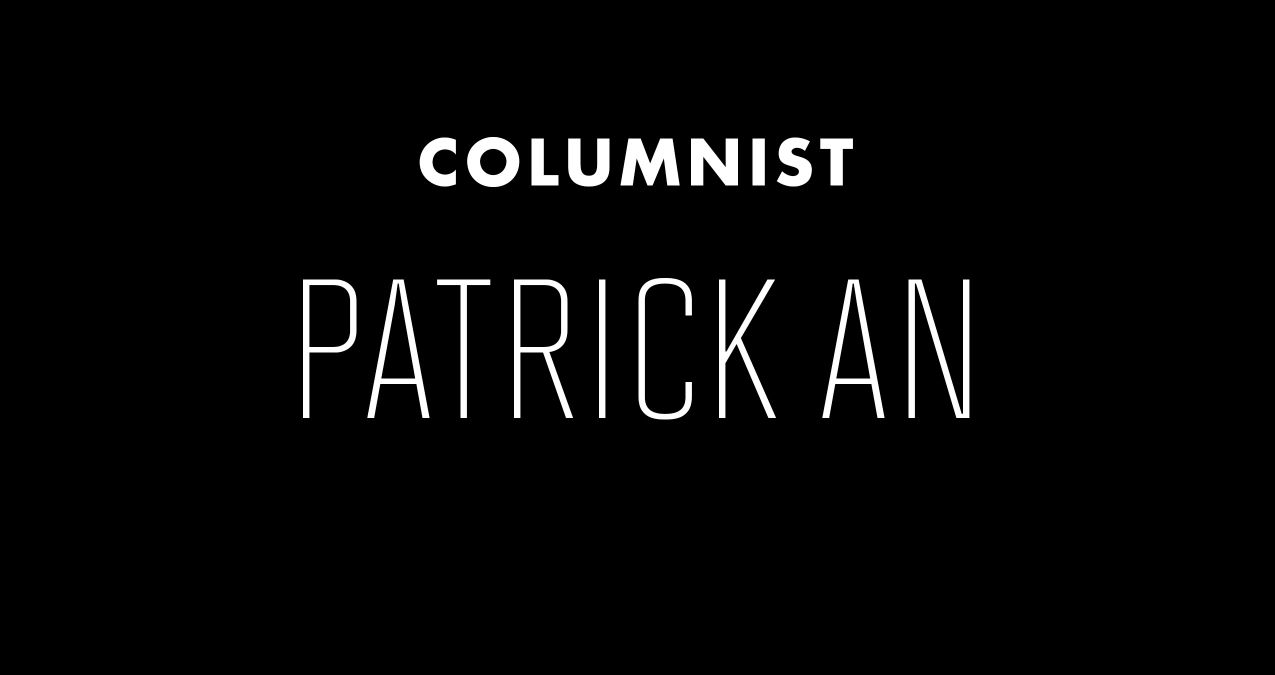
Patrick An
It is easy to remember the initial reasons behind the decisions we made that would shape the rest of our lives, but harder to recall the reasons why we committed to those decisions after a while. I can remember now, very vividly, with some nostalgia and humility that sends cringes down my back, the inception of my decision to become a doctor. I am certain now that those reasons are no longer the same.
When I first knew I wanted to practice medicine, I was 11, I had just gotten home from school and instead of starting on my homework, I decided to watch an episode of ER, the one where George Clooney saves a drowning boy by performing a tracheotomy with a pen and a pocket knife. The ability to produce acts of heroism at a moment’s notice appealed to me, as well as the excitement of watching a lifeless body spring back to life. These notions of what being a doctor was like stuck with me until this past year, when I started working as a scribe in an actual emergency room.
From my experiences interacting with patients alongside the physicians, I can say with great certainty that very few of those interactions are pleasant ones. Many of the patients are rude to us, many lie about their circumstances and past medical histories, some patients come in with conditions that do not warrant a visit to the ER, and very frequently we encounter narcotics seekers that waste the time and resources of our staff.
I have realized the exorbitant amounts of money it takes to receive proper medical care and witnessed how some patients forego treatment and tests because they cannot bear the financial burdens.
I have even come to understand that my job as a Scribe, to meticulously document the patients’ charts, is not so much to help the physicians, rather than the people working in billing to have a better idea of what to charge the patients.
Most importantly, I have learned and seen that sometimes, the best way to save a patient is to avoid taking any heroic measures and to just let him die.
It is axiomatic that all of the staff are encumbered by the frustrations that come with working in the medical field. These frustrations have not done much to substantiate the veracity of the glory that comes with being a doctor. As for my colleagues who share my same career aspirations but haven’t been exposed to the same realities as I have, when asked why they want to become doctors, and with such bravado they exclaim, it’s because they want to “help people,” and they “love the field of healthcare.” I am not surprised when I get the impression that their convictions are untrustworthy.
As for my convictions, they have not diminished but merely changed. I still have aspirations to become a surgeon however it is not because of the glory, nor because I have a conscienceless enthusiasm to “help people,” including the ones who will disrespect, lie, and try to exploit my license for their hedonistic gains, and certainly not because I love the field of healthcare for it is riddled with flaws and inconveniences. Rather it is because of these flaws that have reinforced my determination to practice medicine for its art of healing, and not be mired by endless paperwork or be forced to marginalize those who struggle financially, for I know, deep in my soul, that these qualities do not reflect the essence of healthcare.
How I plan to fight the tightening grasp of the corporatization of medicine, I still do not know, for its effects are sophisticated and I still have much wisdom to gain, but I am determined to find a way. Perhaps I will join Doctors Without Borders or volunteer in medical clinics like the many other physicians I have come to know and admire.
In retrospect, I think the days I spent perceiving what working in the medical field is like, before gaining some of the practical experience I have today, were happier than the days I am experiencing now; but my sense of the profession then was also shrouded with romanticism rather than reality. My paucity of knowledge regarding working in hospitals and being a doctor came from television programs and the job of a physician was a mere abstraction to me. Yet every so often, when I come home from a hard day of work, I am still teased by my once ethereal notions of becoming a doctor, and for a brief cathartic moment, I imagine those halcyon days when I sat mesmerized in front of my television, but those days feel like they were from a long time ago now.
Patrick An is a junior biology major. He can be reached at patandbk@gmail.com.



